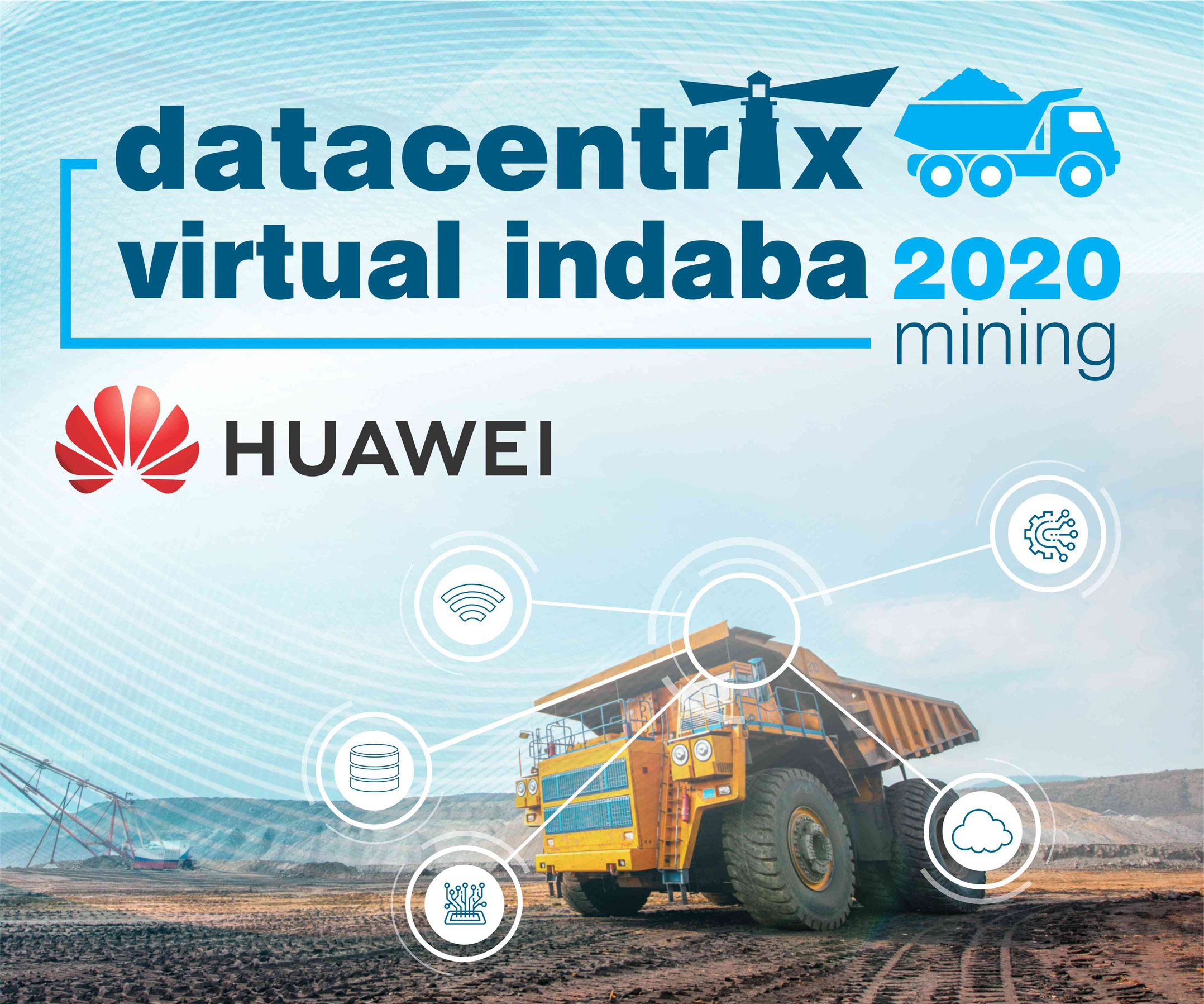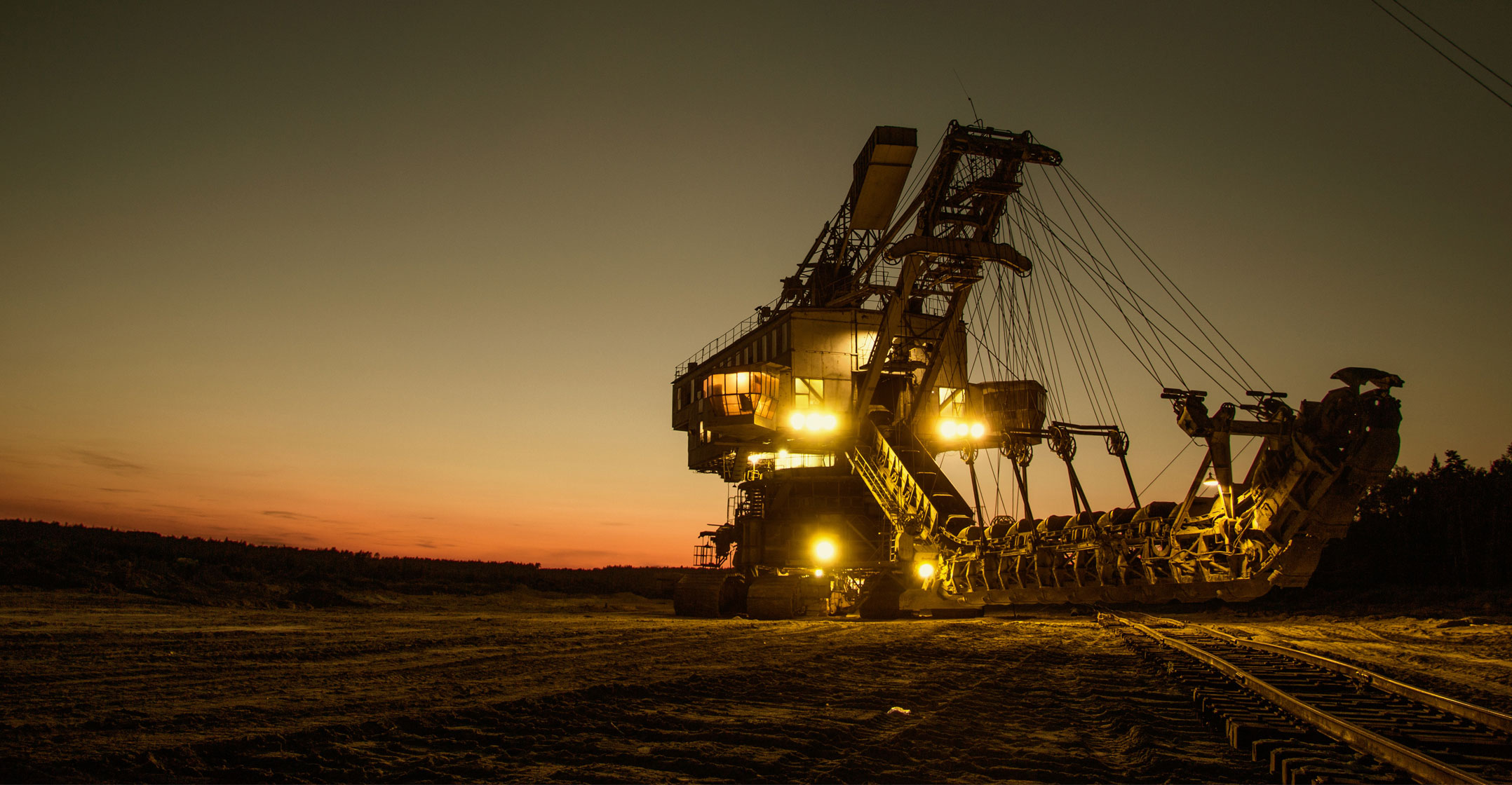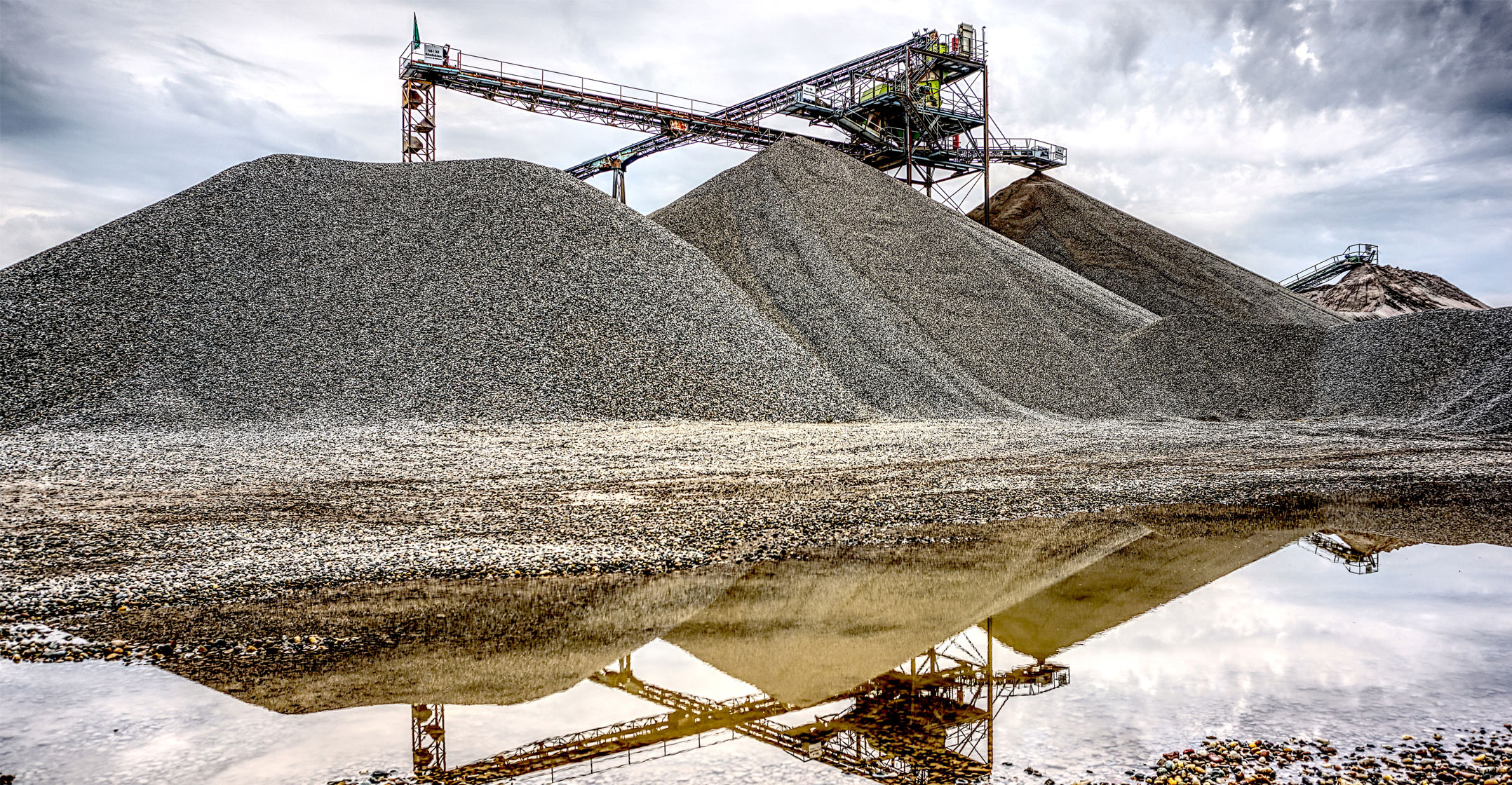 With a focus on how technology can help move the local mining sector into the future, high-performing and secure ICT solutions provider Datacentrix recently held the first virtual version of its Mining Indaba event, welcoming an audience of over 200 delegates. The 2020 indaba was supported by Platinum sponsor Huawei as well as Silver sponsors OpenText and Tenable.
With a focus on how technology can help move the local mining sector into the future, high-performing and secure ICT solutions provider Datacentrix recently held the first virtual version of its Mining Indaba event, welcoming an audience of over 200 delegates. The 2020 indaba was supported by Platinum sponsor Huawei as well as Silver sponsors OpenText and Tenable.
The two-hour event reiterated the importance of digital transformation with greater urgency now than ever before in light of the Covid-19 pandemic.
To access these virtual Mining Indaba 2020 presentations and more, please visit this website
In his welcome, Datacentrix CEO Ahmed Mahomed spoke on the profound changes Covid-19 has had on the local economy, on businesses and the way we work, as well as on our personal lives, and how these consequences will continue to be felt in all areas into the future.
“It stands to reason that the effects of technology – be it robotics, artificial intelligence, data mining, intelligent networks or remote working environments – will also endure across every industry, including the mining sector. The issues of how mining companies operate, how they improve both safety and productivity, and how they mine data, are becoming increasingly critical when it comes to gaining competitive advantage.”
Mahomed’s sentiment was echoed by the morning’s keynote speaker, chief economist and director of Efficient Group, Dawie Roodt, who discussed several trends that were already well established pre-Covid: the so-called “gig economy” (also known as the “sharing economy”, with reference to the likes of Uber and Airbnb); the increasing use of online shopping platforms like Amazon; growing numbers of remote workers; and a developing dependence on AI and algorithms.
Accelerated
“These are simply being accelerated because of the lockdown,” Roodt said. “We have also seen that tertiary sectors – more service-oriented businesses – have become much more important in recent years, while the primary sectors, such as agriculture and mining, have been eclipsed.
“However, the real winners during this time will be those primary sector businesses that manage to transform themselves into secondary and tertiary players. For example, the agriculture sector has already made changes, such as genetic engineering or drones, for instance. Global economic growth is happening in one place, the tertiary services industry.”
Roodt’s advice for individuals was to stay informed, read, listen to analysts, and keep abreast of what is going on in South Africa from both a political and economic perspective. “Identify the risks within your specific industry and ensure that you are able to manage them.
 “There are many opportunities in South Africa, and I urge people to make use of them. The only way to have a successful country is to have successful businesses.”
“There are many opportunities in South Africa, and I urge people to make use of them. The only way to have a successful country is to have successful businesses.”
Included on the virtual Mining Indaba 2020 agenda was a panel discussion with Two Rivers Platinum, a large underground platinum mine located in Steelport, Limpopo. The panel focused on the modernisation of the mine’s underground Wi-Fi with a view to improving both productivity and safety. Mine management had considered establishing a reliable and stable communication network despite the complex environment, where challenges included the density of the rock.
Said Gys Malan, data and communications network solutions architect at Huawei: “A proof of concept with Datacentrix and Huawei put a modern network in place, connecting people, equipment and management at Two Rivers Platinum. The POC has enabled reliable underground communications as well as live-condition monitoring and real-time data feeds that empower informed decisions based on the trends uncovered by this data.”
The transformation of the network has improved the mine’s ability to react to challenges, making autonomous mining a possibility. The POC has provided the mine access to greater innovation and to the future state of mining. Malan further spoke on the technical implementation of the POC in a separate demonstration.
Rudie Raath, Datacentrix’s chief digital officer, deliberated the national corporate shift to remote working as a result of the Covid-19 pandemic, stating that many organisations were not prepared for the full-scale remote workforce adoption. His discussion highlighted the significant challenges that companies have faced, including connectivity and cost management, the secure, remote access to corporate applications, and user productivity.
Valuable insight
Datacentrix has gained valuable insight in its own move to remote work as well as from its role in mobilising its customer base. Kitted with the right modernisation strategies, technology adoption road maps and information on the IT and operational technology environments, Datacentrix helps customers mature and enhance their operations and ensures business continuity, growth and success.
Additional technology-focused content was provided by Stephanie Rosenmayer, business unit manager at Datacentrix, who delved into the power of AI in mine surveillance. “Traditionally, the camera was used for security purposes only,” she explained. “Today, surveillance has changed, and the camera has become a multipurpose device that can collect information spanning far broader areas. This data can inform business decisions by delivering actionable intelligence to be used in operations, manufacturing, health and safety, and even sales and marketing.”
Rosenmayer cited several cases where cameras deployed at local mining sites were used to harness AI, specifically behavioural analytics and deep learning. In one example, the camera was able to recognise objects and categorise “normal” behaviour, alerting operators to “unusual” behaviour (in this case vehicles parked in the wrong place). Datacentrix also installed a thermal camera at an open pit, with the objective of picking out movement within the pit, of vehicles or people, up to a distance of 1km. This data assisted with meeting stringent health and safety precautions to alert the mine in question about activity within the pit prior to a blast.
 She also emphasised the ability to mine petabytes of footage, to demonstrate how data can be interrogated to find deeper information around a specific event. “By applying filters to camera footage, mines can gain access to a host of information not necessarily pertaining to surveillance. This could include identifying common paths travelled and generating an activity map, tracking the speed of vehicles, testing facial recognition at entrance turnstiles, and even tracking individuals throughout the mine to determine whether they are wearing the appropriate personal protective equipment, and whether they are adhering to social distancing requirements.”
She also emphasised the ability to mine petabytes of footage, to demonstrate how data can be interrogated to find deeper information around a specific event. “By applying filters to camera footage, mines can gain access to a host of information not necessarily pertaining to surveillance. This could include identifying common paths travelled and generating an activity map, tracking the speed of vehicles, testing facial recognition at entrance turnstiles, and even tracking individuals throughout the mine to determine whether they are wearing the appropriate personal protective equipment, and whether they are adhering to social distancing requirements.”
In keeping with the overall theme of the value of data, the topic of accelerating productivity, governance and digital transformation within mining was tackled by Datacentrix’s Shakeel Jhazbhay, GM of digital business solutions, who stated that data is the new “gold”.
“During Covid-19, the gold price shot up even higher than oil, so it makes sense then to describe the value of data within this context.”
Jhazbhay referred to a case study in which one of the world’s largest mines, with over 100 000 employees, used content services to integrate multiple, disparate business management apps, to de-duplicate and better leverage data.
This mine was also able to:
- Put standard policies in place across systems;
- Save time and costs related to managing multiple software provider contracts;
- Do away with high volumes of physical documentation and the associated storage expenses;
- Improve user interface integration;
- Better leverage ERP and CRM data; and
- Automate workspace updates and task management.
“The business benefits in this particular project were immediate access to information, improved decision making, content sharing across the organisation, and the reduction of risk — key in terms of the Protection of Personal Information Act and the General Data Protection Regulation coming into play.”
Of critical importance when it comes to digital transformation in mining, Jhazbhay said, is marrying structured and unstructured content together through integrated document and records management, allowing an organisation to gain value out of the content layer instead of just storing it.
To access these virtual Mining Indaba 2020 presentations and more, please visit https://www.datacentrix.co.za/mining-indaba-2020.html.
About Datacentrix
Datacentrix enables digitalisation success. Our specialist teams leverage the combined power of information and communications technologies to connect, transform, improve and future-proof business, supporting clients throughout their digital journey.
Datacentrix offers deep technical expertise across a mature offering, providing proven execution capability that is endorsed by the world’s foremost technology partners. With a strong African footprint, the company is recognised for its agility, in-depth industry knowledge, ethical practices and strong overall performance.
The company is a level-1 (AAA) B-BBEE contributor, with 135% procurement recognition. For more information, please visit www.datacentrix.co.za.
- This promoted content was paid for by the party concerned




